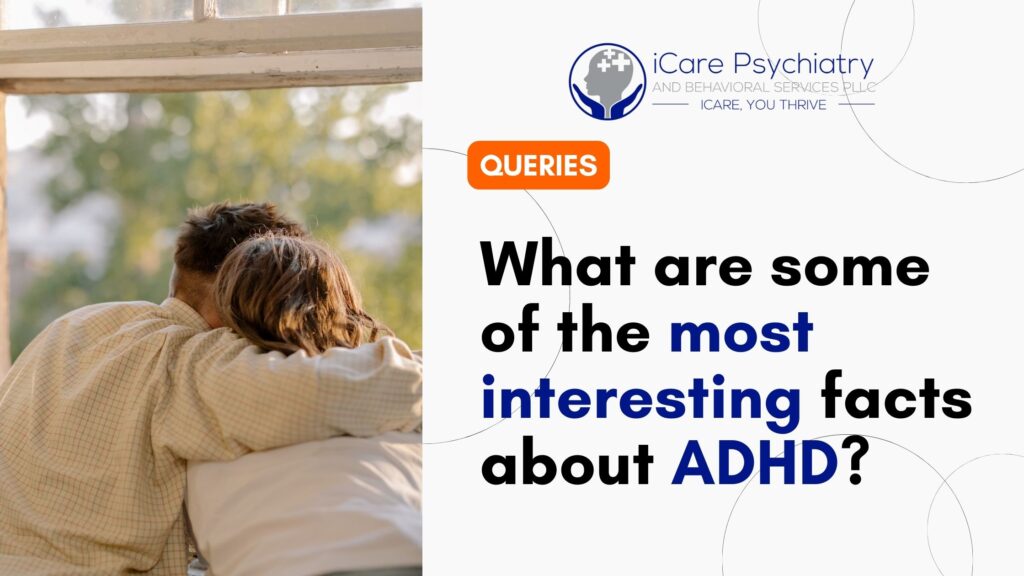ADHD is a chronic developmental disorder resulting in significant impairment and difficulties in sustaining attention in tasks, regulating one’s behavior, and controlling impulsive actions, as well as hyperactivity in children.
This condition is estimated to be present among 5 to 10 percent of school going children and two to five percent of adults in the world.
ADHD is severe genetically; the heritable rates were estimated at 70-90%.
They are known sometimes to have a genetic predisposition, which means if one of your family members was an alcoholic, then you are more likely to be one too.
There are three subtypes of ADHD, namely:
- Predominantly inattentive
- Predominantly hyperactive-impulsive
- Combined type
Different subtypes of depression presents itself with distinct symptoms.
Medications for treatment of ADHD includes psychostimulants, clonidine, amphetamine, pemoline among others while non-medical management includes behavior therapy, education/executive functioning, changes in living conditions among others.
It is estimated that approximately 60-70% of adults with ADHD have one or more comorbid conditions including anxiety, depression, learning disabilities, and substance use disorders.
For further details, seek consultation with iCare Behavioral Services Clinic.

